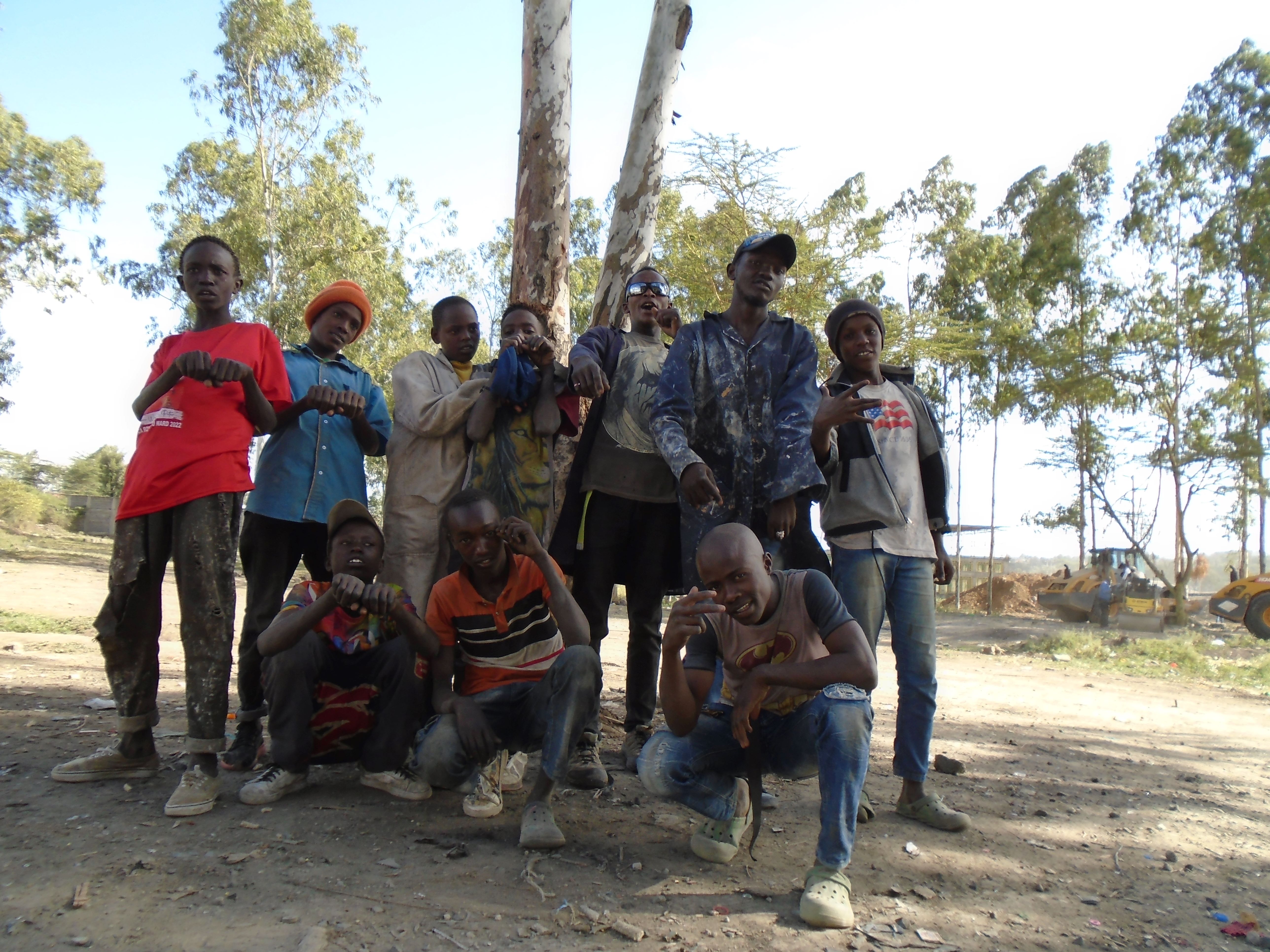
Our friendship is our strength; we protect and support each other whenever one is in need. Opiyo, 12
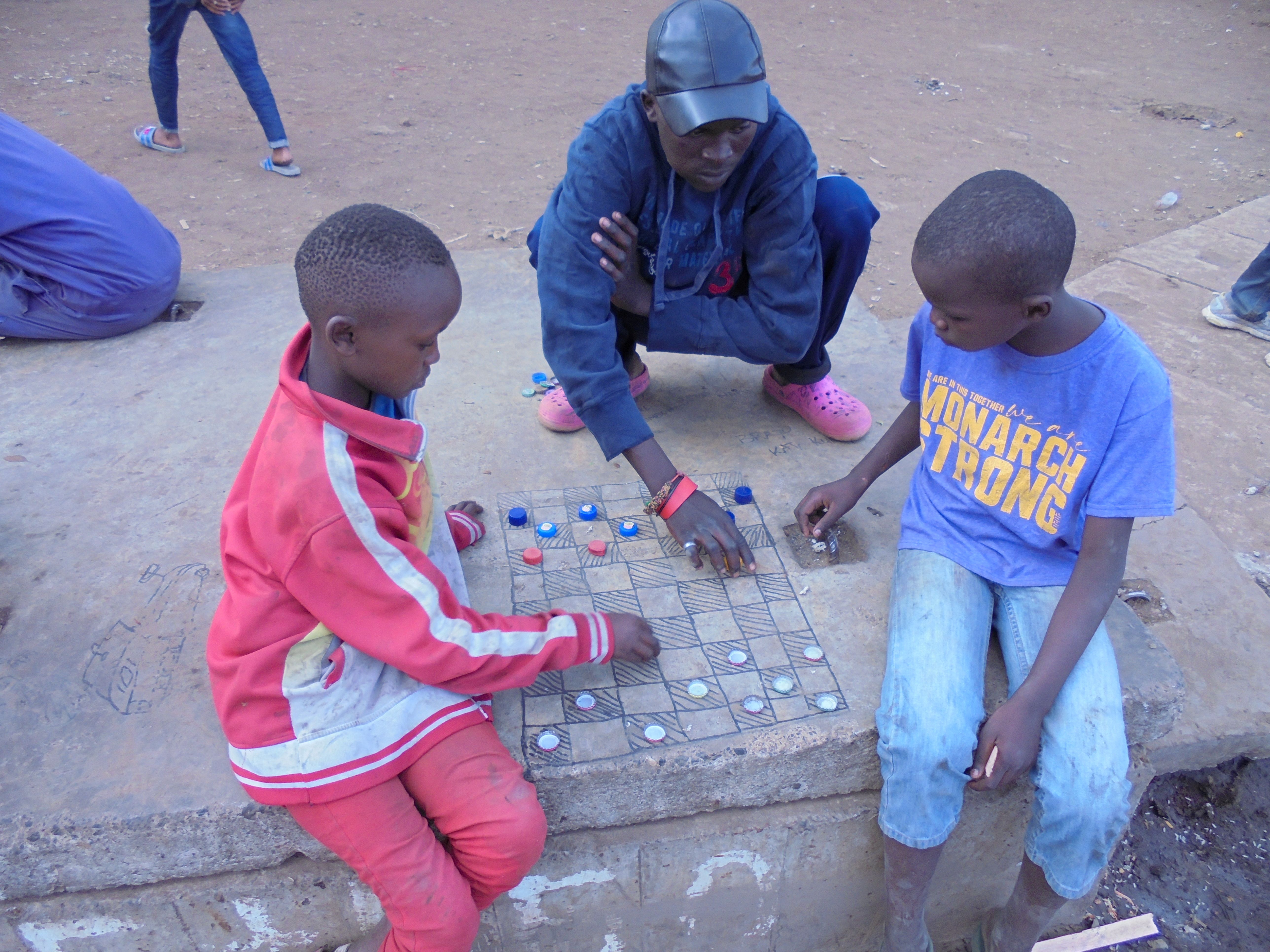
Even with so much happening in our lives, we always try to accommodate some fun. Mrefu, 19
Toybox response
Through Toybox projects, children and young people on the streets can relax, make new friends and access the support and guidance of trusted and caring project staff in a safe space.
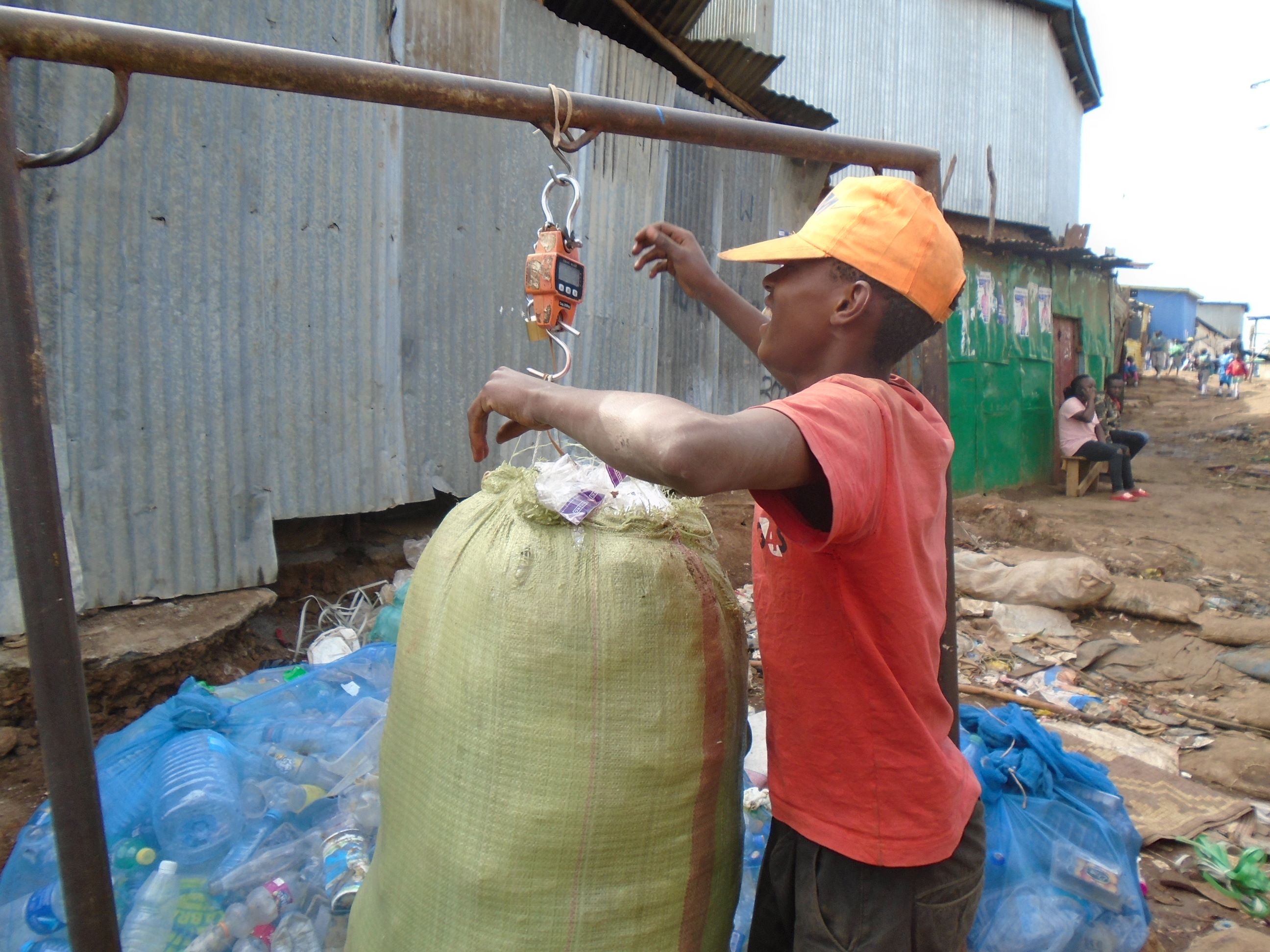
We are happy when we make good collection because you know you'll get good money. Basho, 16
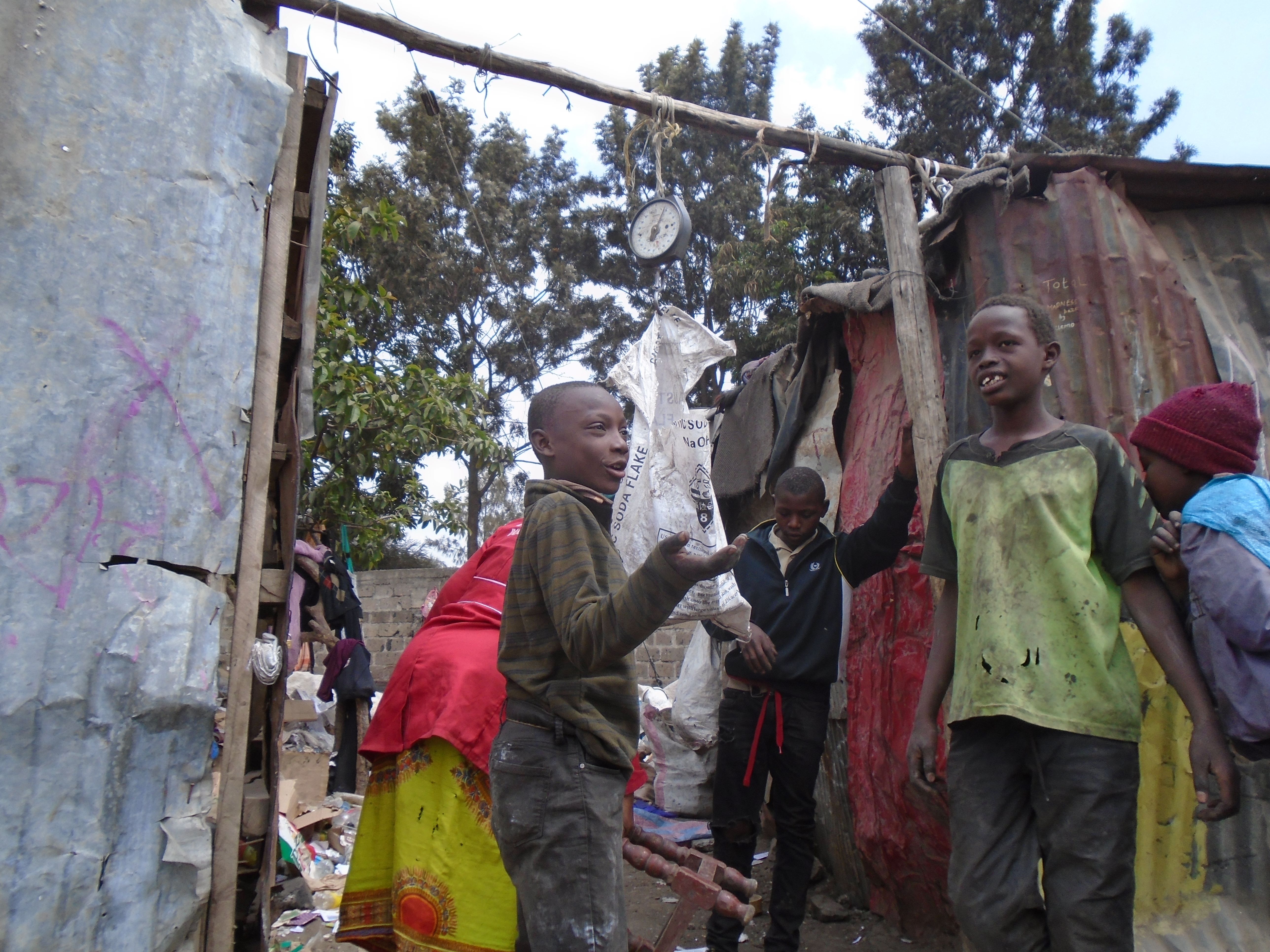
This is where we come to sell our collections. Keff Keff, 16
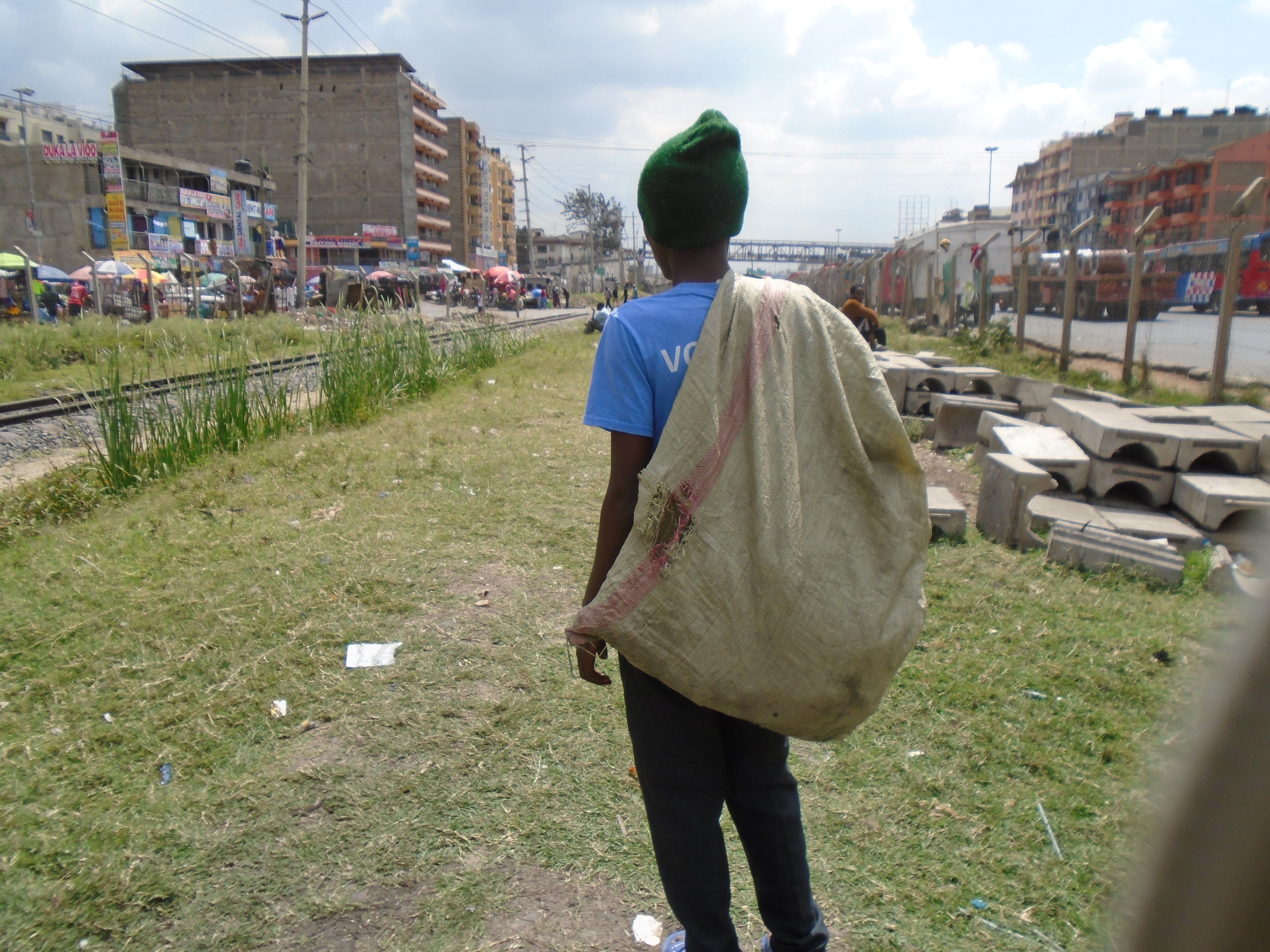
You have to first strategise where to go for work. Kikote, 15
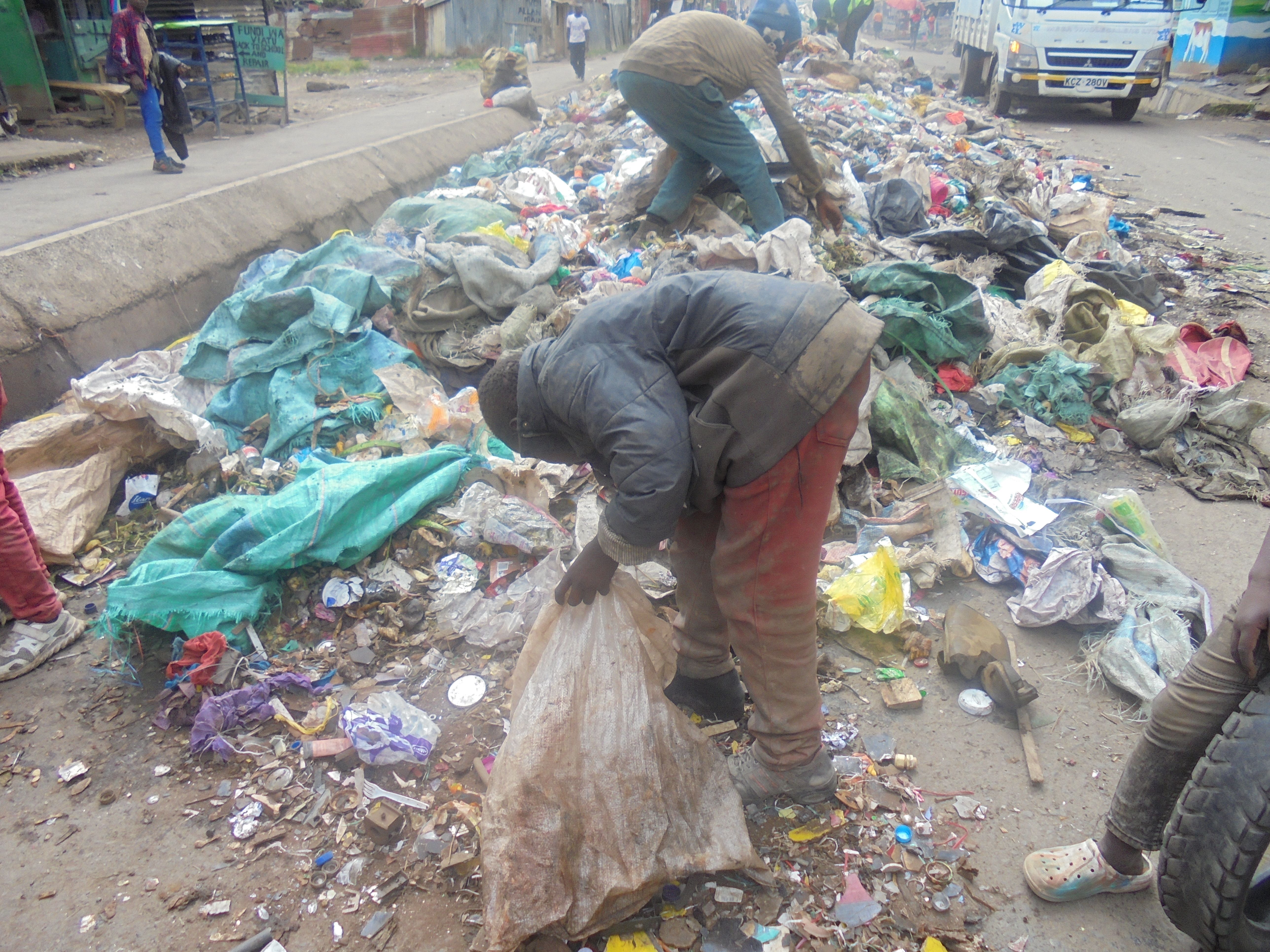
A kilo of the waste papers goes for Ksh 5 and I use the money to buy food. Omari, 13
Toybox response
Through local partner PKL, Toybox supports young people to enrol in vocational training courses such as carpentry, mechanics, hairdressing and beauty therapy. Through the courses, young people gain the skills required to earn a sustainable living, away from the streets.
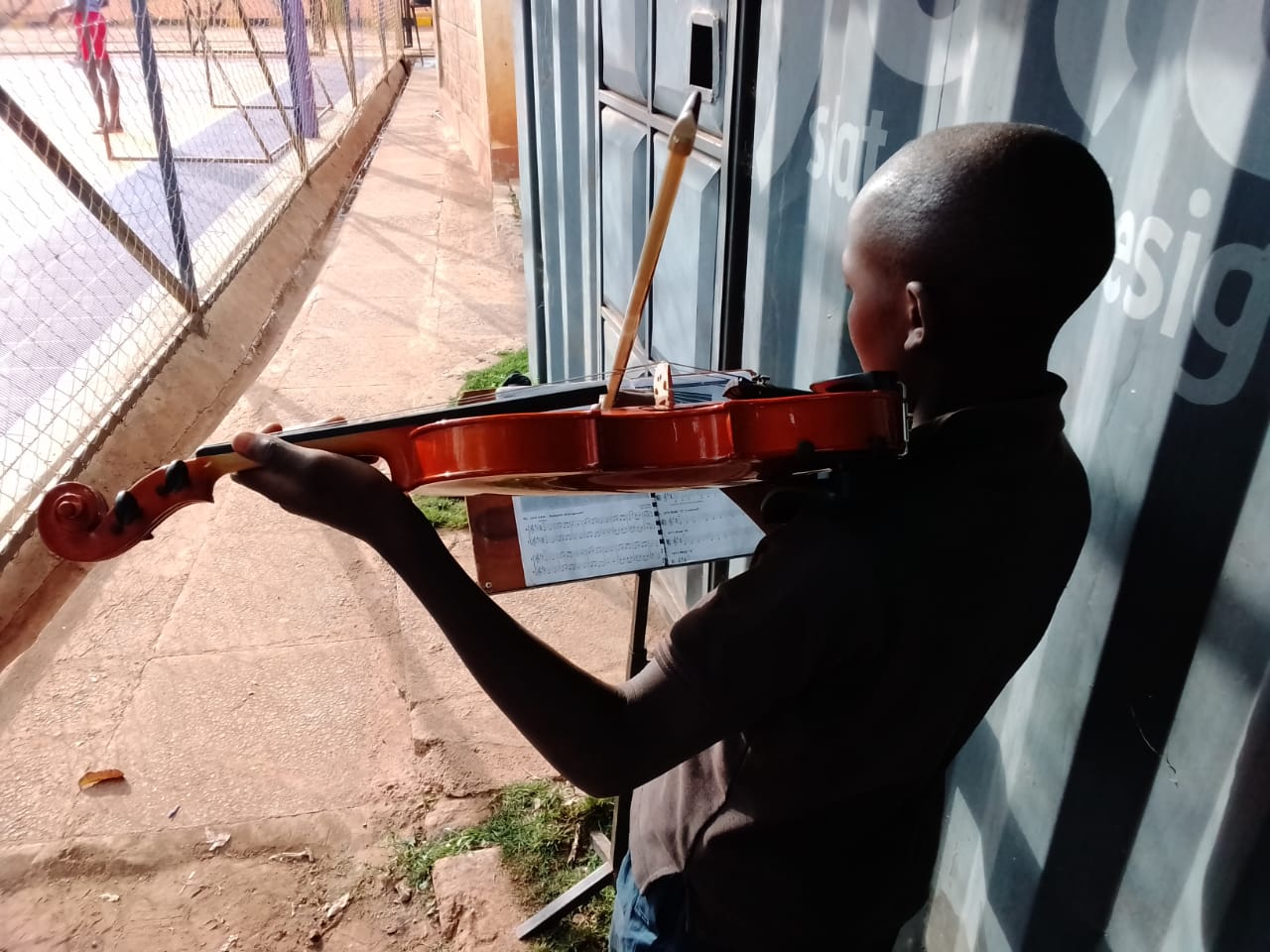
Playing music relaxes the mind. Kevo, 16
Toybox response
Within our project activities in Nairobi, children and young people receive counselling to improve their capacity to cope under pressure, without resorting to self-destructive behaviours. Others have also benefitted from music lessons.
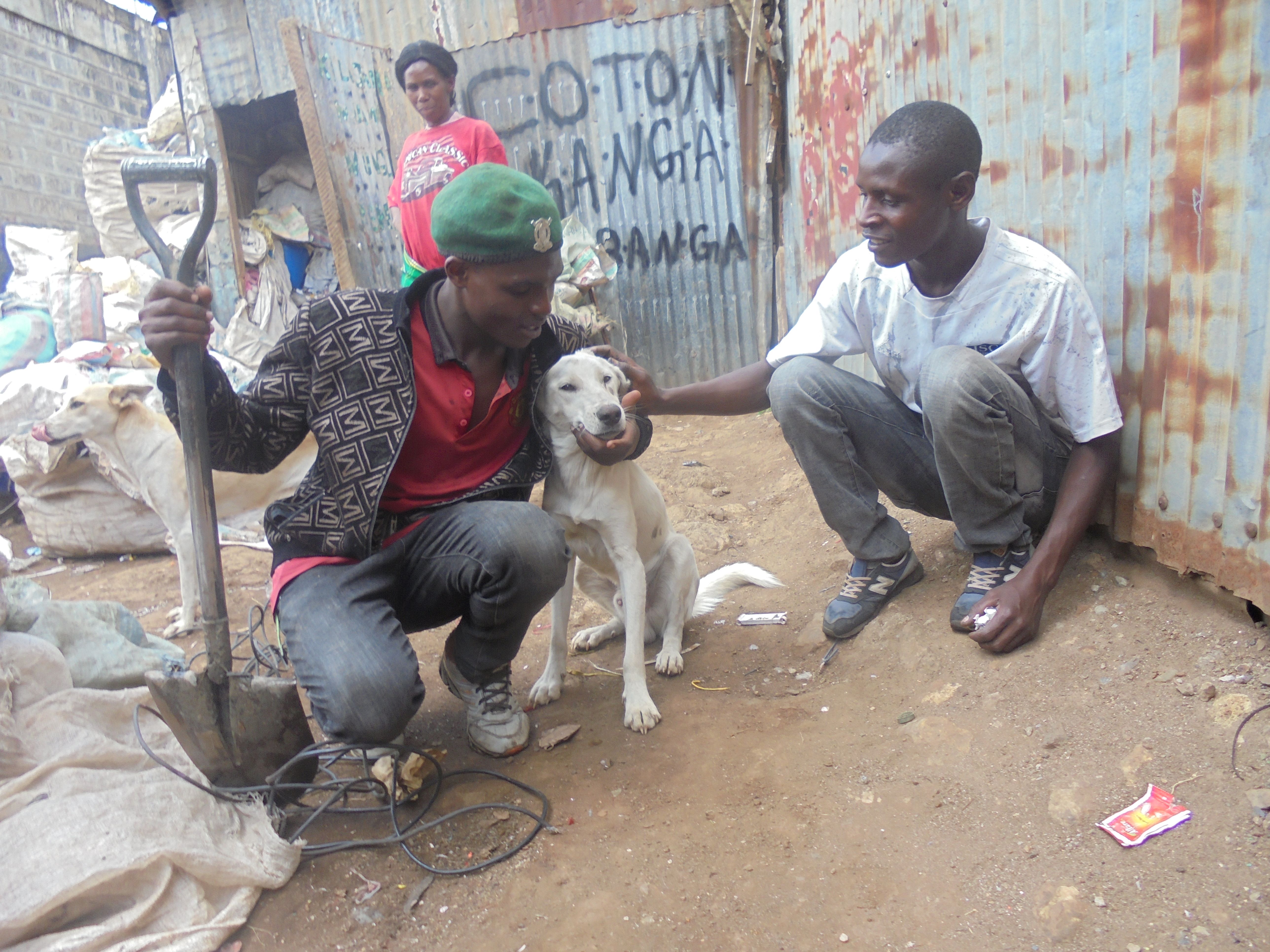
Dogs are good friends; they give us company. Zayn, 16
Toybox response
Toybox partners have seen first-hand the positive impact that pets can bring for street children. As Esther Mwangi, from PKL, explains, "Since street connected children often feel ostracised by the society, they tend to feel that they share a similar fate with stray dogs and seem to form a strong bond with them. Some pets are group pets (cared for by the entire base) and some are individual pets, where the child specifically assumes overall responsibility for their pet.
Children who own pets in the bases have exhibited a higher level of kindness and care. They are more protective of younger children in the bases. One child reported being less lonely when he is with his pet because he can talk to the pet and the pet can give him company wherever he goes. A few children who own pets have shown a reduced intake of drugs. They report that when playing with their pets they feel happier and do not feel stressed, and therefore they use drugs less, since they mostly turn to drugs when stressed. Generally, pets have been seen to give the children some sort of a purpose bigger than them as they feel the pets look up to them for care, protection and food and they must ensure they measure up to this expectation. This tends to make them happier and feel a sense of achievement.”
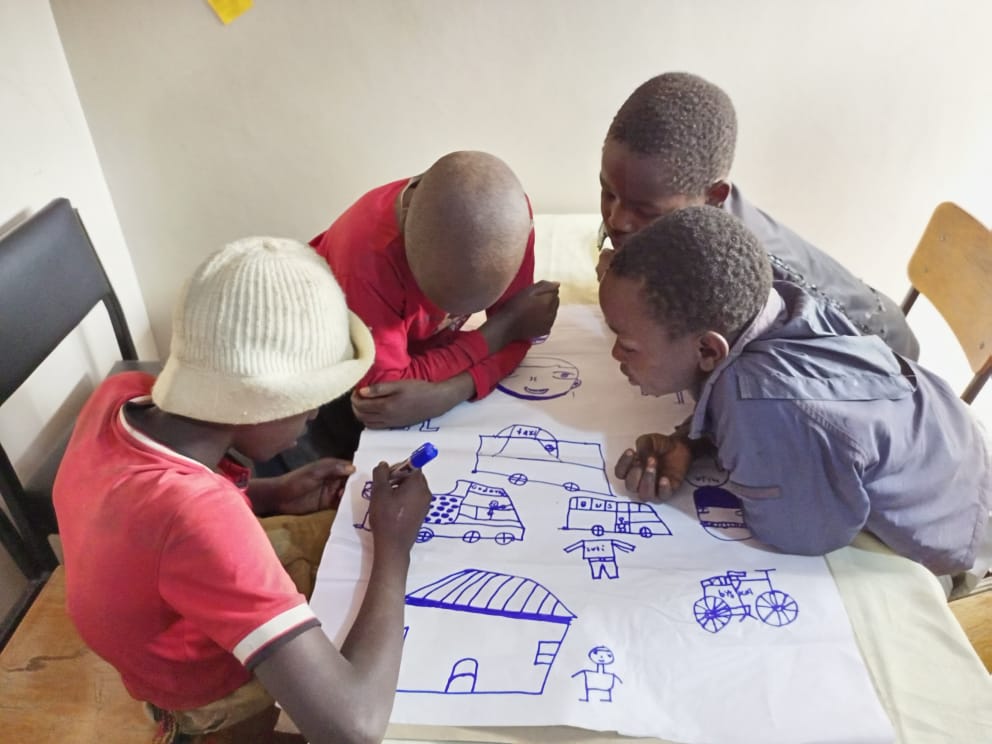
I love going to the project because we draw. Omari, 13
Toybox response
Working through local partner PKL, Toybox funds regular youth clubs for street children, offering a safe space for children to play and learn. Former street children also attend the sessions to act as positive role models for those currently living on the streets.
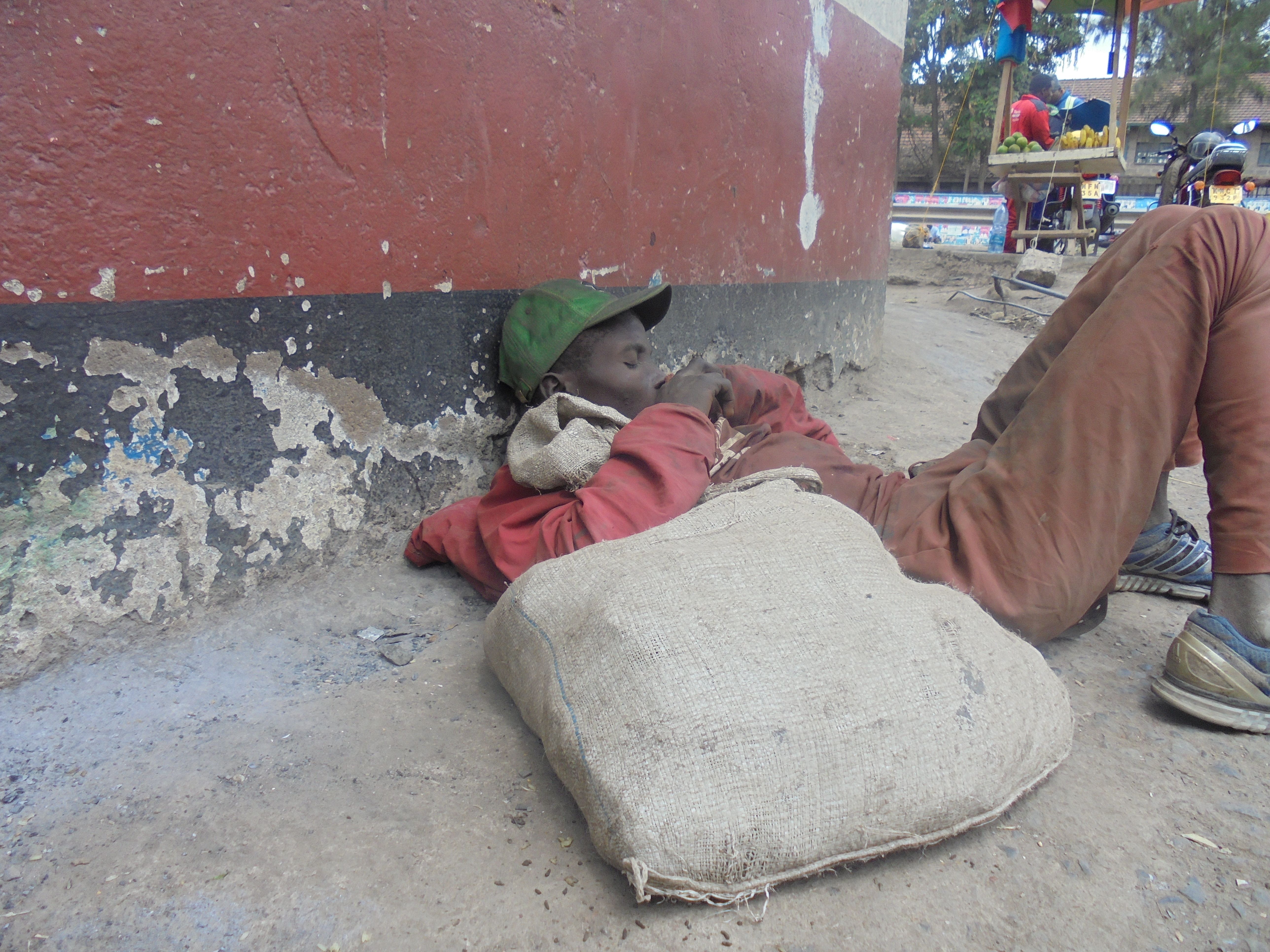
Boredom can overtake you. Captain, 15
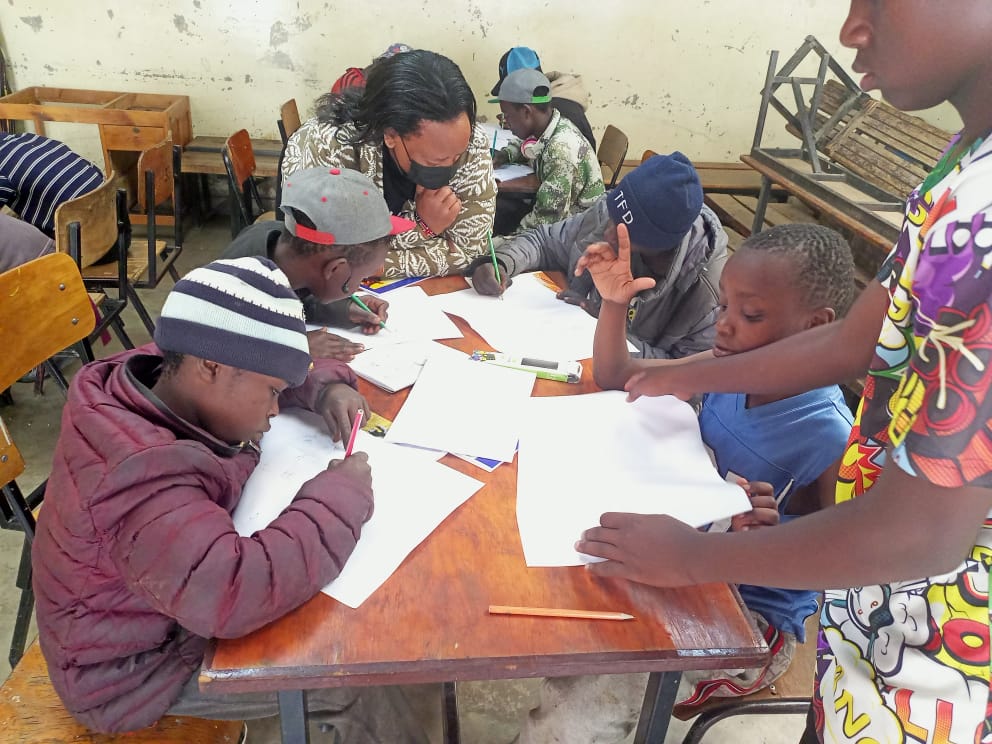
We attend child rights sessions on Tuesdays at the project and we learn child rights. Boyie, 13
Toybox response
Through Toybox funded projects, street children and young people have the opportunity to attend workshops focused on the safety and well-being. During the sessions, the children have the chance to learn core life skills to support them in dealing with difficult situations in their daily lives. At the sessions they also increase their knowledge and understanding of child rights and protection.
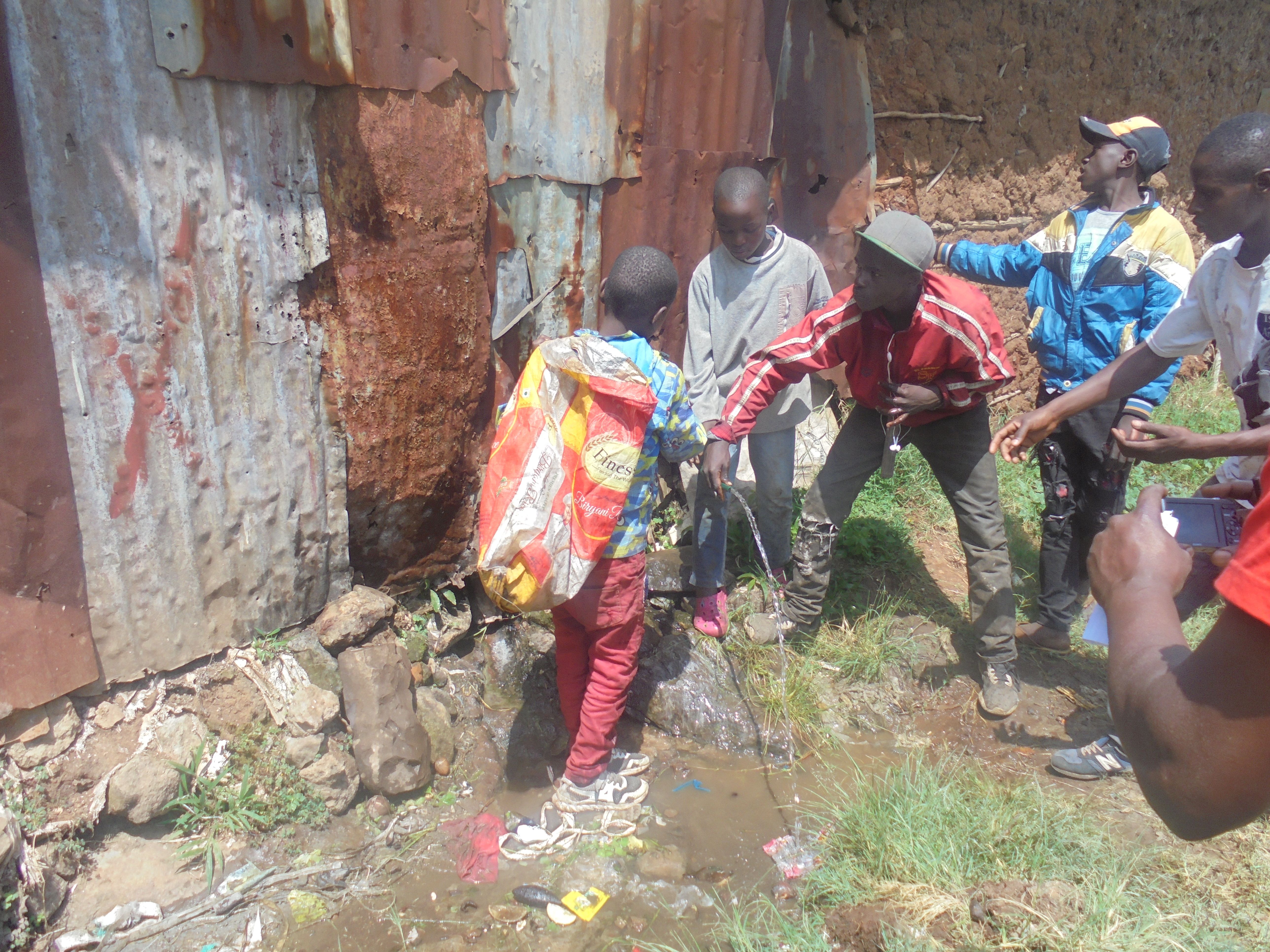
This pipe is always leaking, we sometimes come here to drink water because its clean and free. Getting water is sometimes a challenge. Rucio, 15
Toybox response
Toybox partner PKL advocates on behalf of the children and young people they work alongside, raising awareness with government officials on street children's lack of access to essential services.
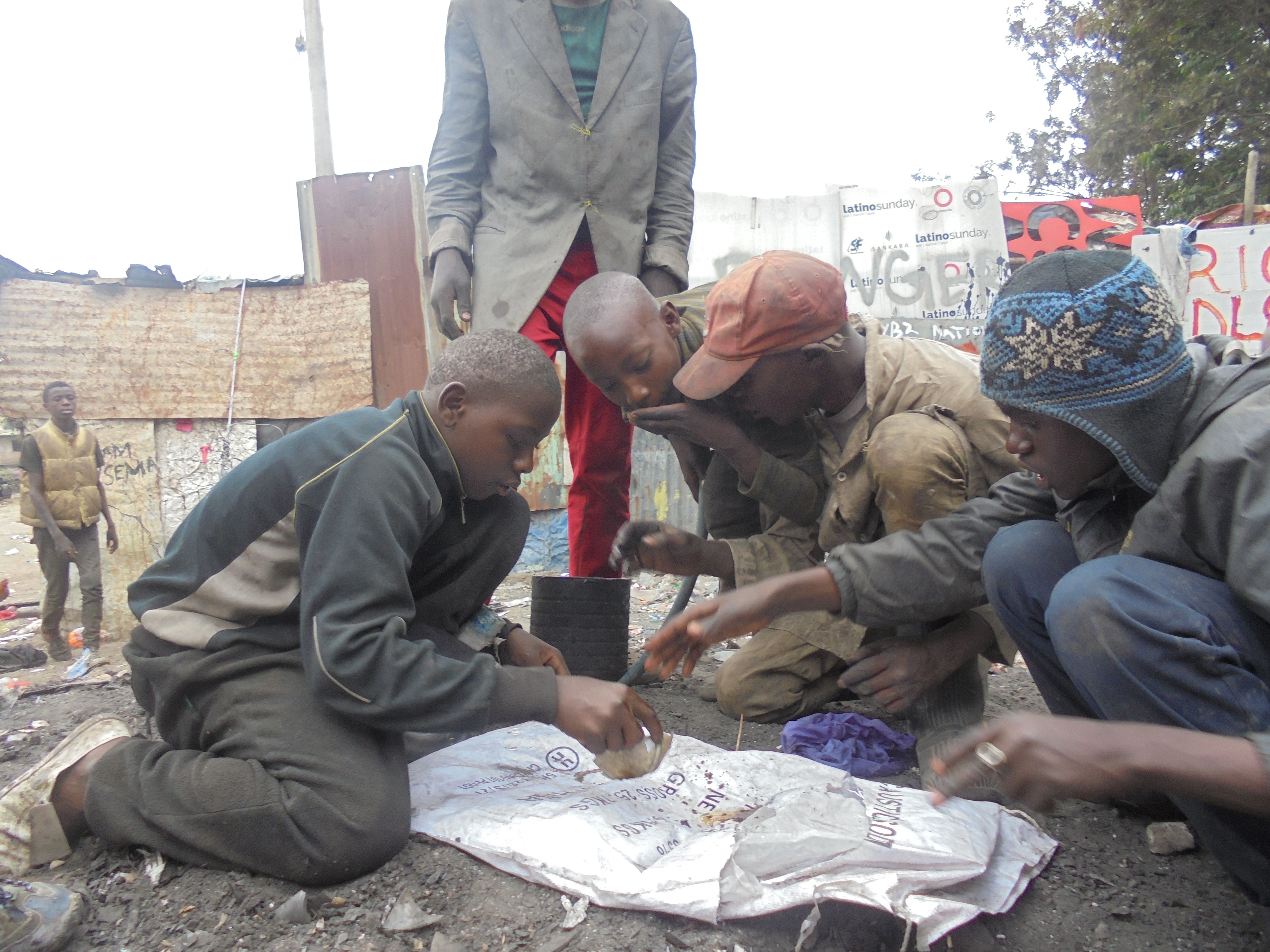
We live as a family and share the food together. The scavenged food sometimes affects our health. The food is not enough for everybody. Mapei, 13
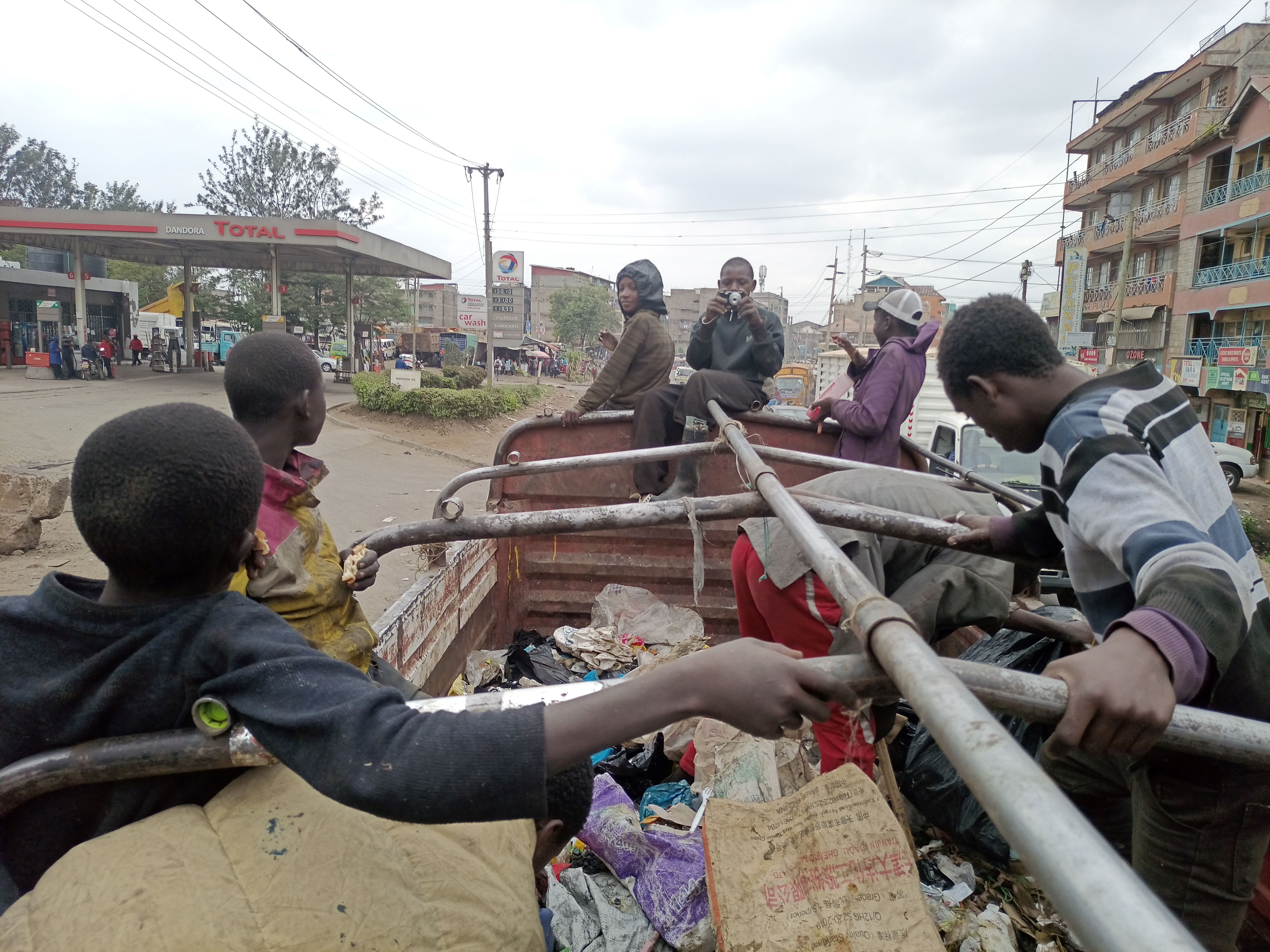
Sometimes we get food to eat from the garbage truck. Kikote, 15
Toybox response
Children on the streets of Nairobi live a hand to mouth existence and are often unsure where their next meal will come from. At a number of Toybox’s project activities, children are offered nutritious meals to help build their strength and keep them healthy.
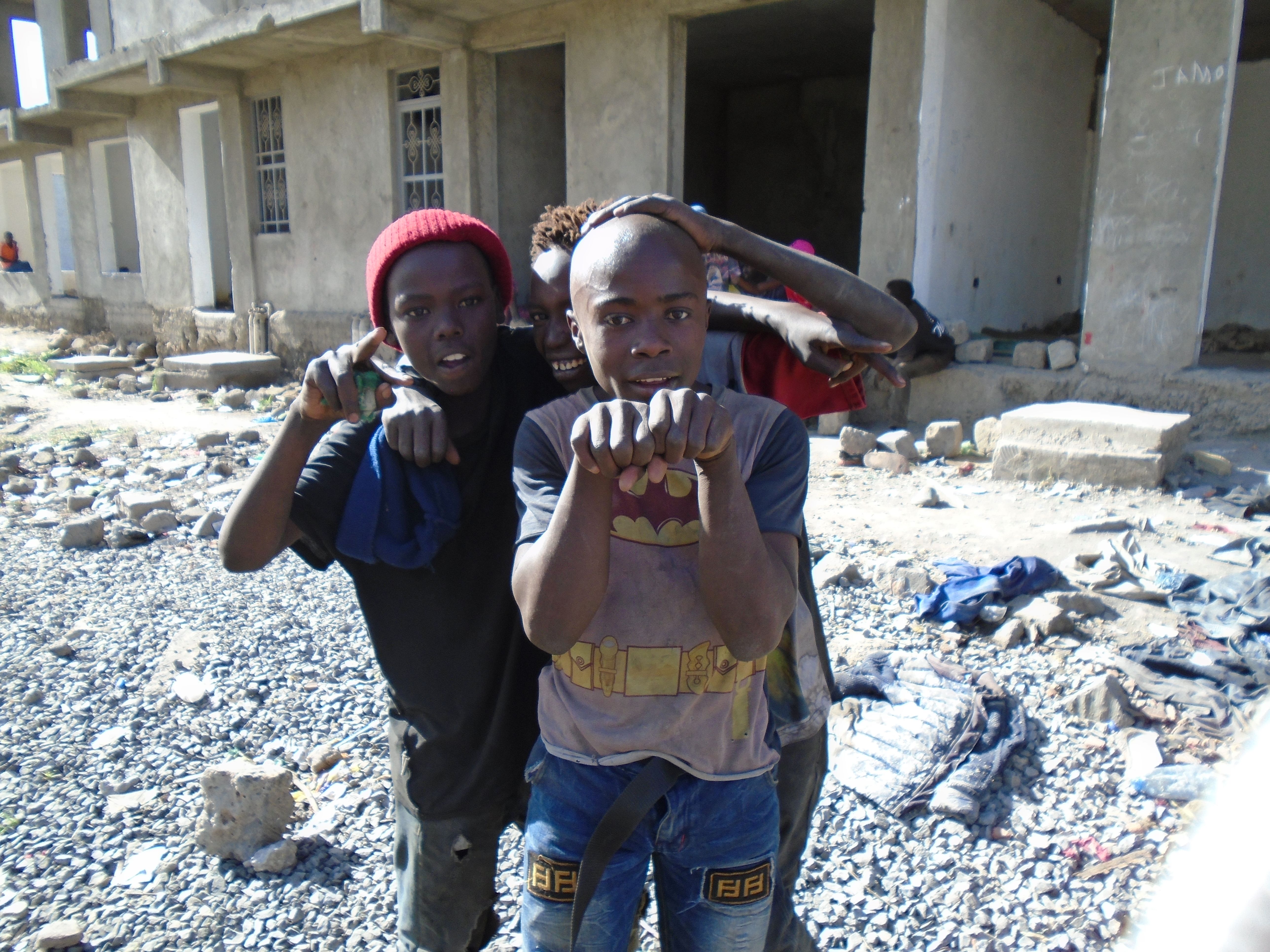
These are my friends; we sleep at the open building at the back. Jabari, 16

We sleep on hard floor on corridors, we have no good blankets or mattress. It’s hard especially during rainy days and we get flu. Mapei, 13
Toybox response
Children on the streets of Nairobi have limited possessions. Through Toybox projects, children have access to warm, clean clothing as well as other essential supplies like blankets to support them in their daily lives.
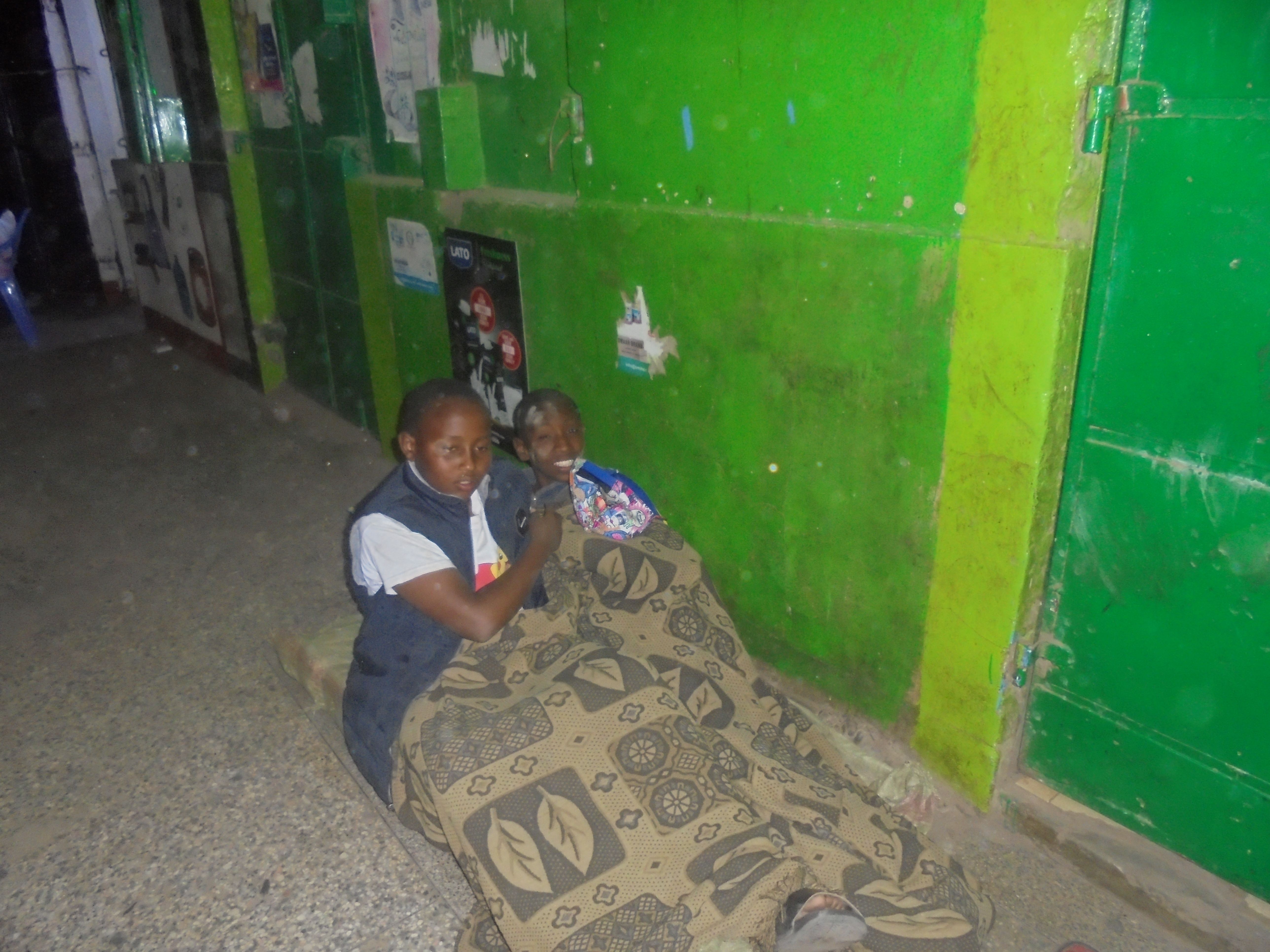
We sleep on the pathways and corridors where there's some lighting, it's safer. Etana, 17
Toybox response
In Kenya, living on the streets is considered to be illegal and street children are often discriminated against as though they are breaking the law. They are regularly treated with violence and contempt by state authorities and members of the public. Through Toybox projects, children and young people on the streets have the opportunity to attend workshops focused on their safety and well-being. During the sessions, they have the chance to learn core life skills to support them in dealing with difficult situations in their daily lives. At the sessions they also increase their knowledge and understanding of child rights and protection.
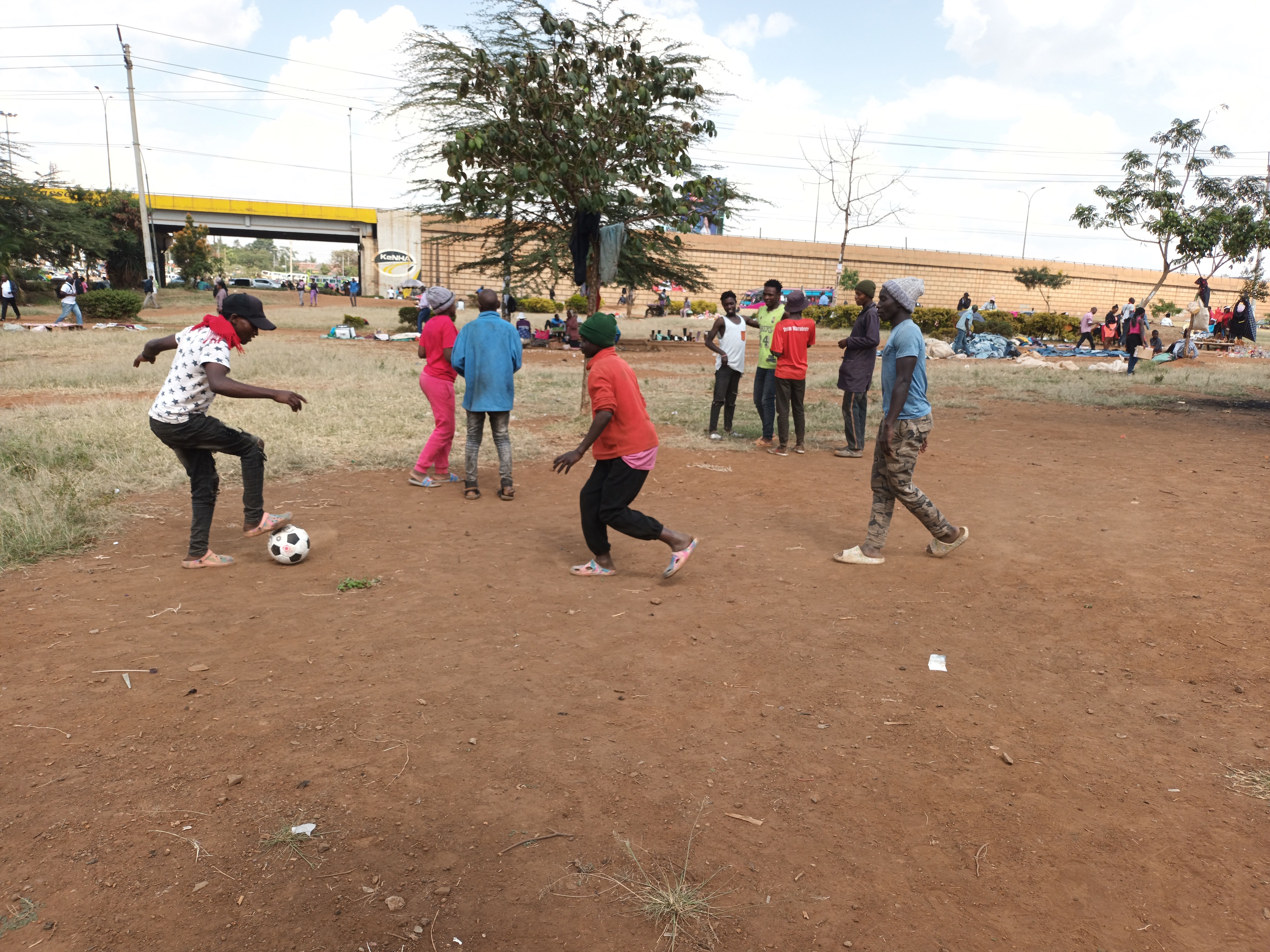
We love sports, but we do not have a playground, we play in the middle of a roundabout which can easily lead to an accident. Makena, 17
Toybox response
Working through local partner PKL, Toybox funds regular youth clubs for street children, offering a safe space for children to play and learn. Former street children also attend the sessions to act as positive role models for those currently living on the streets.
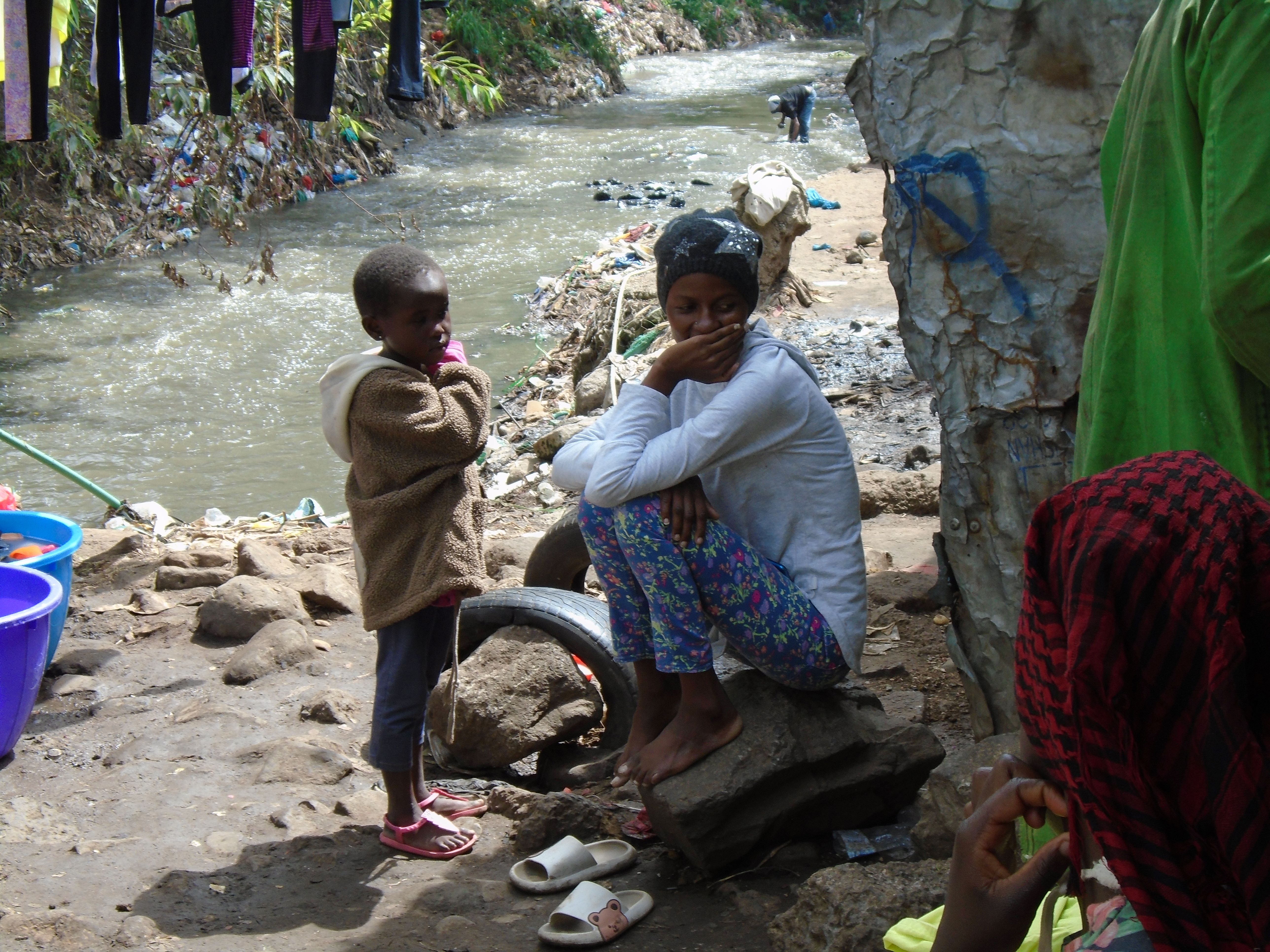
Life has become difficult due to the hard economic times. Sanyu, 19
Toybox response
Toybox provides access to financial and livelihood support for vulnerable families living in Nairobi. Parents living in informal settlements are supported to start small businesses, enabling them to provide basic needs to their children and reducing the need to send their children out onto the streets to work.
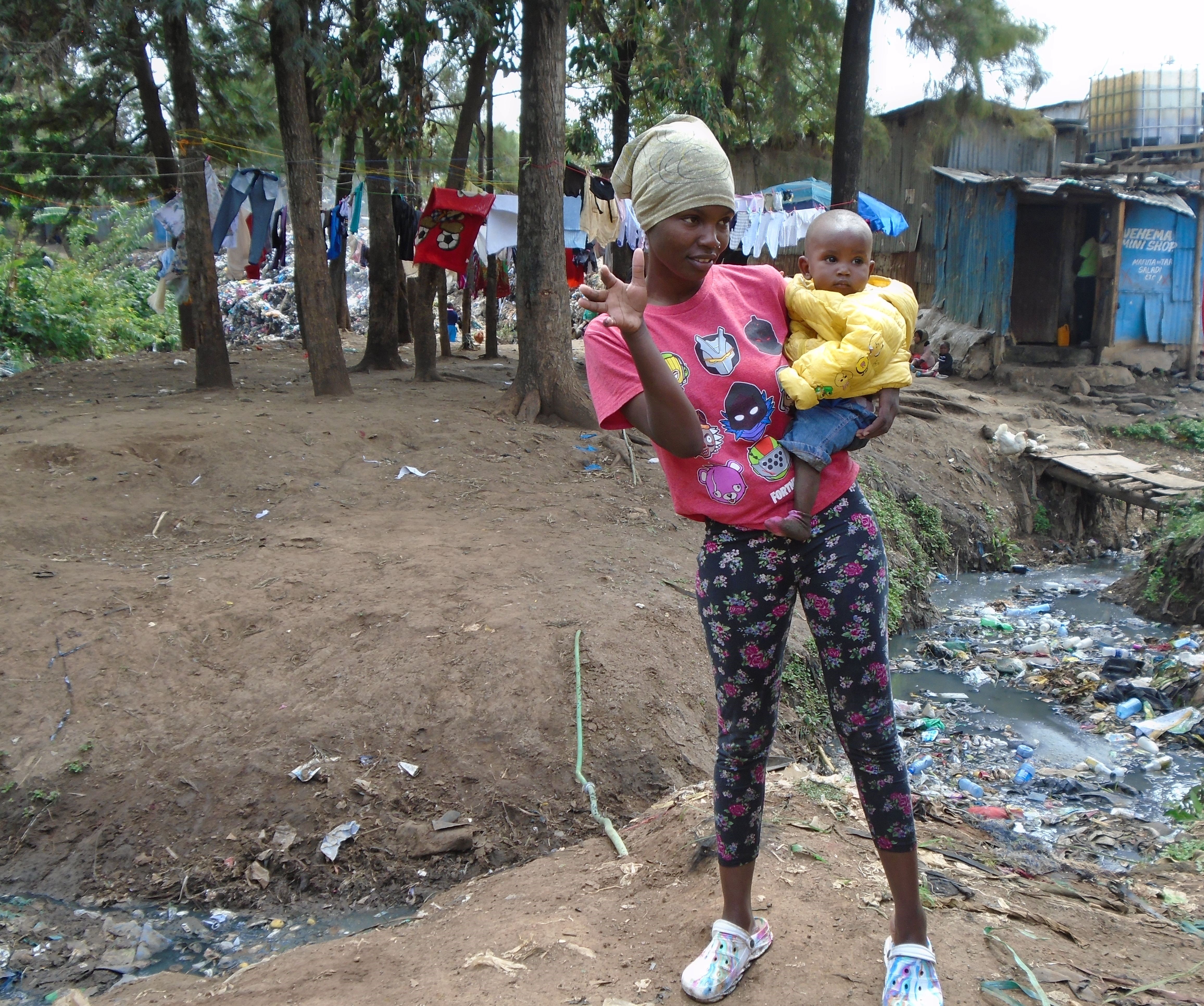
We will do anything possible to give our children a healthy life. Our wish is to give our children the best life that we can and see them through school. Faye, 19
Toybox response
Toybox provides access to financial and livelihood support for vulnerable families living in Nairobi. Parents living in informal settlements are supported to start small businesses, enabling them to provide basic needs to their children and reducing the need to send their children out onto the streets to work.